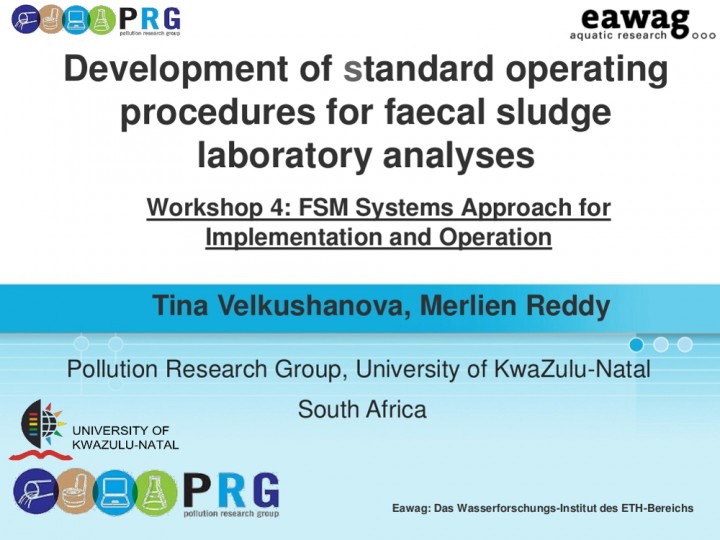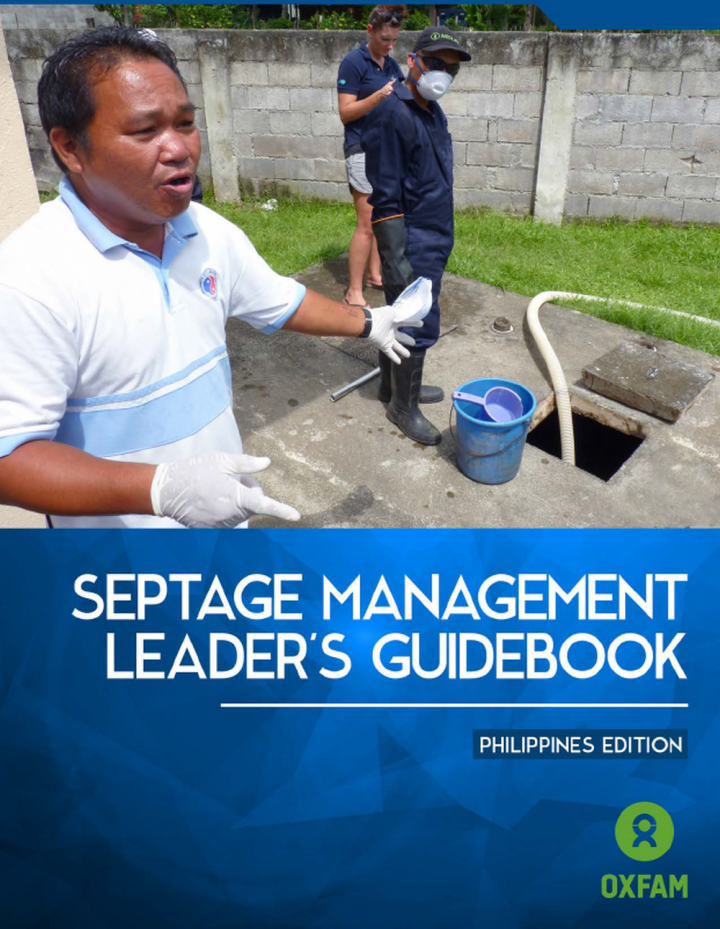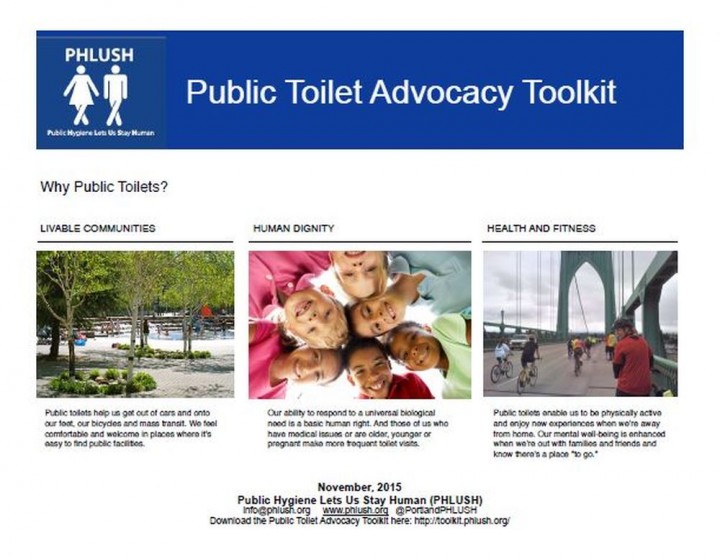Moore, C. et al. (2010) Guidelines for separation distances based on virus transport between on-site domestic wastewater systems and wells
The discharge of domestic wastewater to ground and the proximate abstraction of groundwater for domestic purposes can contaminate drinking water. Regional councils need to consider these situations when implementing the National Environmental Standard (NES) for Sources of Human Drinking Water (NZ Government, 2007). Separation distances between wastewater discharges and groundwater abstractions must be established to reduce the likelihood of contamination. Some regional councils have specified […]
Jay P. Graham, J. P., Polizzotto, M. L. (2013) Pit latrines and their impacts on groundwater quality: a systematic review A systematic review
Background: Pit latrines are one of the most common human excreta disposal systems in low-income countries, and their use is on the rise as countries aim to meet the sanitation-related target of the Millennium Development Goals. There is concern, however, that discharges of chemical and microbial contaminants from pit latrines to groundwater may negatively affect human health. Objectives: Our goals were to a) calculate global pit […]
Pahlenberg, L., Weimann-Koinzack, C. (2015) Water, Sanitation & Hygiene (WASH) and Nutrition Relevance of WASH interventions in reducing undernutrition
In recent years, there has been growing scientifc evidence implying a close link between the lack of WASH and stunting. Stunting, which means low height for age can be a marker of a whole range of developmental setbacks of children including cognitive impairment.
Bebe Kambou, H. et al. (2015) Situation de référence en assainissement, approvisionnement en eau potable et hygiène dans les quartiers non lotis et périphériques de la commune de Ouagadougou (in French) Baseline situation in sanitation, the supply of drinking water and hygiene in undeveloped areas and peripheries in the commune of Ouagadougou
La situation de l’assainissement et de l’approvisionnement en eau potable des quartiers non lotis et périphériques des communes urbaines du Burkina Faso n’est pas suffisamment connue et rend difficile la planification des différents programmes et projets dans ces zones. En effet, il n’existe pas pour le moment d’informations précises sur l’AEPA des populations vivant dans ces zones. Pour remédier à cette insuffisance au niveau de […]
Lorentz, S., Wickham, B., Still, D. (2015) Investigation into Pollution from On-Site Dry Sanitation Systems
Various Authors (2016) SuSanA Practitioner's Tool - Design Tools for Engineers
Design Tools for Engineers for wastewater treatment to be used in conjunction with SuSanA's Practitioner's Tool (see link below).
Werchota, R., Nordmann, D. (2015) Using the Water Kiosk to Increase Access to Water for the Urban Poor in Kenya
Bain, R. et al. (2014) Global assessment of exposure to faecal contamination
Various authors (2016) Equipment and health and safety modifications required for developing the capacity to support grantees field-testing in Durban, SA Various documents on results from research grant
This library entry contains background documents for a grant that Chris Buckley is leading and which is funded by the Bill and Melinda Gates Foundation. Further information is also available on the SuSanA discussion forum, see link below. Short description of the project: The grant was awarded to the Pollution Research Group (PRG) at the University of KwaZulu-Natal in order to increase the capacity of the PRG to […]
Spears, D., Haddad, L. (2015) The Power of WASH - Why Sanitation Matters for Nutrition
Water, sanitation, and hygiene can have a profound effect on health and nutrition. A growing base of evidence on the link between sanitation, child height, and well-being has come at an opportune time, when the issue of sanitation and nutrition in developing countries has moved to the top of the post-2015 development agenda.
Rohilla, S.K., Luthra, B., Varma, R.S., Padhi, S.K., Yadav, A. (2016) SFD Report - Delhi, India SFD Promotion Initiative
Delhi is the capital of India. It is officially known as the National Capital Territory (NCT) of Delhi. The population of NCT of Delhi as per the Census 2011 is 16,787,941. The density of city is 11,320 persons per […]
GIZ (2015) Waste emptying, collection and transport Technical drawings and further documents developed in the context of GIZ’s Water Sector Reform Programme
The following documents focus on waste emptying, collection and transport and were all developed in the context of GIZ’s Water Sector Reform Programme in Kenya. You will find the following documents for download here: - Technical drawing of 3 wheeler unit for the transportation of dry human excreta waste
Oxfam (2016) Septage Management Leader’s Guidebook Philippines Edition
The Septage Management Leader’s Guidebook, is a product of Oxfam through their program to improve sanitation in the super typhoon Haiyan devastation area of the central Philippines. The Manual presents a step-by-step strategy for scaling up septage management services more widely. The “Quick Start Guide” and the tools and checklists at the beginning of each step are designed to make the manual useful to anyone […]
Grange, C. (2016) Faecal Sludge Management - WASH in Emergencies, Problem Exploration Report
During the immediate phase of an emergency in an urban context, the implementation of sanitation programmes takes a long time to provide suitable and sufficient facilities for the affected population. While the emergency response for drinking water programmes has been improved with the design of standardised, rapid deployment kits, sanitation programmes in urban areas are limited to very few technologies. The construction of pit latrines […]
Rohilla, S.K., Luthra, B., Varma, R.S., Padhi, S.K., Yadav, A. (2016) SFD Report - Dewas, India SFD Promotion Initiative
Dewas city is located on the Malwa plateau of the central Indian state of Madhya Pradesh. It is headquarters of the Dewas district. The population of city as per the 2011 Census is 289,438. The density of city is 2,889 persons per sq.km. Total slum […]
Northover, H., Ryu, S., Brewer, T. (2015) Achieving total sanitation and hygiene coverage within a generation lessons from East Asia
This paper sets out findings from WaterAid’s research in East Asian states on the political economy of sanitation and hygiene services that delivered total coverage within a generation. The purpose of this research is not to claim blueprints for success – the specifics of each case show the contextual nature of sanitation transformation. However, the intention is to galvanise and frame the emerging dialogue in […]
Bastable, A., Russell, L. (2013) Gap Analysis in Emergency Water, Sanitation and Hygiene Promotion
The emergency Water, Sanitation and Hygiene Promotion (WASH) gap analysis project was funded by The Humanitarian Innovation Fund (HIF), a program managed by Enhancing Learning and Research for Humanitarian Assistance (ELRHA) in partnership with the Active Learning Network for Accountability and Performance in Humanitarian Action (ALNAP), and is a component of a larger initiative to identify and support innovations in emergency WASH. The project was commissioned […]
Bryant, J., Campbell, L. (2014) Urban WASH in Emergencies
From the 24 – 28 March 2014, RedR held a pilot course for 24 WASH experts on the subject of addressing the social, institutional and technical gaps that currently exist for water, sanitation and hygiene provision in the urban emergency context. This document, produced as a partnership between ALNAP and RedR, captures the key messages, lessons and experiences of both course facilitators and participants […]
PHLUSH (2015) Public Toilet Advocacy Toolkit
The purpose of the Public Toilet Advocacy Toolkit is to strengthen the capacity of citizen advocates and City officials to provide and maintain great public toilets that make communities livable, respect human dignity and promote health and well-being. PHLUSH regularly responds to requests from communities throughout North America seeking to increase toilet availability. These seventeen tools are designed for use by city managers, transit authorities, […]
Danielsson M., Lippincott M. (2012) A Sewer Catastrophe Companion - Dry Toilets for Wet Disasters
This guide presents a toilet system that you can do yourself without relying on a coordinated and timely response by someone else. This system served after earthquakes destroyed sanitation systems in Haiti and New Zealand. This guide is for planning ahead and preparing kits, whether for yourself, your household, your apartment building, or your block. This flexible system is built around ubiquitous and freely available […]




















